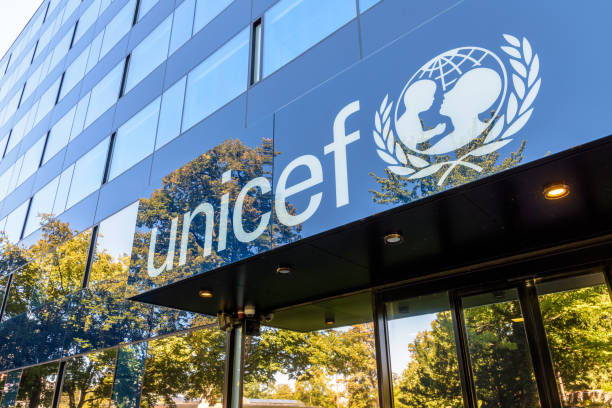A new solarised medical oxygen plant and a level 2 newborn unit has been unveiled at a Nigeria hospital as part of a strategy to ensure health care services for mothers and new babies.
The facilities were donated to Jericho Hospital in Ibadan by UNICEF, HIS Towers and the Bill and Melinda Gates Foundation in conjunction with the governments of Canada and Norway.
Country Director of UNICEF in Nigeria, Cristian Munduate and Governor Seyi Makinde of Oyo State said the facility would ‘significantly reduce’ neonatal mortality rates and improve health outcomes for the country’s youngest and most vulnerable population.
“By harnessing solar power, we ensure reliable and sustainable oxygen supply, even in times of limited electricity,” said Munduate.
The pressure swing adsorption (PSA) plant will produce oxygen on-site using solar power, reducing the hospital’s dependency on external suppliers.
According to UNICEF, the new solar-powered oxygen plant can fill 135 cylinders (20-litre bottles) in a 24 hour period, producing 720,000 litres of medical oxygen in the same time frame.
This capacity ensures that 100 children with severe pneumonia or 50-60 Covid-19 patients can receive round-the-clock oxygen treatment simultaneously.
The plant also reduces the risk of treatment interruptions due to power outages and aligns with global efforts to reduce carbon emissions.
“Additionally, the Level 2 Newborn Unit established here at Jericho Specialist Hospital is equipped with state-of-the-art equipment and staffed by trained healthcare professionals dedicated to providing specialised care for premature and critically ill newborns,” added Munduate.
The Gates Foundation-funded unit will be supported by the oxygen plant.
Calling the plant’s handover a monumental achievement for Oyo State, Seyi Makinde, Executive Governor, said that the effort aligns with the State’s Omituntun 2.0 commitment to ensure that every citizen has access to quality healthcare.
“This plant will significantly enhance our capacity to provide essential medical care, ensuring our healthcare system’s resilience and sustainability.”
Medical oxygen and country-wide crises
Nigeria reported over 200,000 confirmed cases of Covid-19 and several thousand deaths during the pandemic.
Many hospitals lacked and still lack the necessary equipment to administer oxygen therapy, such as oxygen concentrators and cylinders.
To support the Nigerian Government’s Covid-19 Response Plan, several initiatives sought to donate necessary supplies.
In 2020, the UN supplied 10,000 test kits, 15 oxygen concentrators personal protective equipment, vaccines, emergency health kits and other vital health supplies.
The country also has one of the highest maternal mortality rates in the world, with lack of access to medical oxygen during childbirth complications being a significant contributing factor.
According to the World Health Organisation, Nigeria’s rate of 1,047 deaths per 100,000 births in 2020 is the third-highest maternal mortality in Africa and far from the UN goal of 70 deaths per 100,000 to be reached globally by 2030.
Many hospitals in the country are also affected by power cuts, low pay and challenging work conditions for medical professionals.
Despite huge investments in power, Nigeria has suffered over 206 grid collapses in nine years with as many as 12 in 2019, building the case for solarised medical oxygen plants.
In 2020, it was revealed by the Association of Resident Doctors (ARDs) that surgeries in some hospitals beset by power outages were being carried out under torch and candlelight.



